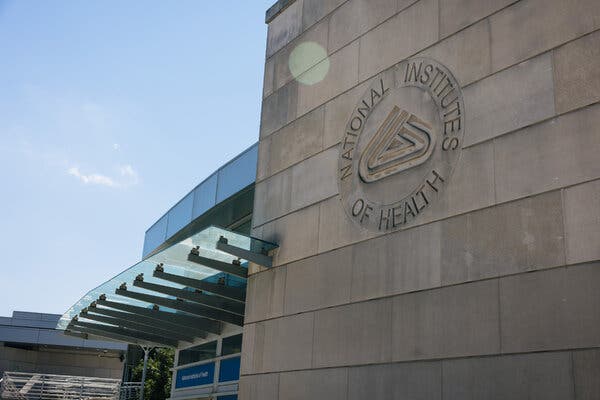Trump Administration Funds $50 Million in Autism Research Amid Controversy

In late May 2023, the Trump administration announced a significant initiative to fund autism research, allocating a total of $50 million through the National Institutes of Health (NIH). This decision followed concerns among scientists that the administration’s stance on vaccines might influence the selection of research proposals. Researchers had a limited window to submit their ideas, with fears that only projects supporting the administration’s views would be favored.
Despite initial apprehensions, the announcement of the funded projects brought a wave of cautious optimism. The 13 selected initiatives reflect a commitment to rigorous scientific inquiry, focusing on a range of factors including genetic influences and environmental exposures. These projects are grounded in established autism research and aim to explore the complex interplay between genetics and various external factors affecting autism risk.
Alycia Halladay, chief science officer at the Autism Science Foundation, expressed enthusiasm about the research directions being taken. She highlighted that the projects encompass diverse areas, including toxic exposure, nutritional influences, and socioeconomic factors that could impact autism development. This breadth of inquiry marks a significant departure from the controversial narrative surrounding vaccines and their alleged link to autism.
On May 29, 2023, NIH Director Dr. Jay Bhattacharya joined President Trump and Robert F. Kennedy Jr. at a White House briefing to unveil the funding. The event, however, was overshadowed by Trump’s assertions regarding acetaminophen, the active ingredient in Tylenol, and his continued promotion of discredited theories linking vaccines to autism. This juxtaposition of fact-based research against unverified claims has raised concerns within the scientific community.
Many autism researchers, while relieved by the NIH funding, remain cautious regarding the broader implications of the administration’s stance on autism research. Recently, the Centers for Disease Control and Prevention (CDC) announced plans to award a contract to Rensselaer Polytechnic Institute in New York to investigate potential vaccine-autism connections. This has led to a perception among researchers that the administration may still favor controversial narratives over established science.
Dr. Judith S. Miller, an associate professor at the Center for Autism Research at Children’s Hospital of Philadelphia, leads one of the funded teams. Her project will investigate the relationship between genetic and environmental factors in autism diagnoses. Dr. Miller noted that while genetics account for approximately 80 percent of identifiable causes of autism, understanding the full context requires examining various environmental influences, including air quality, poverty, and early childhood interventions.
Another funded project led by Jonathan Sebat at the University of California, San Diego, aims to clarify how genetic factors interact with environmental risks in autism diagnoses. He expressed relief that the review process for proposals was both rigorous and fair, dispelling earlier concerns about hasty evaluations. Sebat’s research intends to illuminate the unclear mechanisms that connect environmental exposures to autism, adding depth to the understanding of this complex condition.
Other projects within the NIH initiative will focus on dietary and chemical exposures, as well as identifying factors that can lead to improved outcomes for children with autism. The diversity of research topics underscores the commitment to a comprehensive understanding of autism and its multifaceted causes.
Experts in the field have noted the stark contrast between the unproven theories promoted by the Trump administration and the credible research being funded. Helen Tager-Flusberg, director of Boston University’s Center for Autism Research Excellence, emphasized the importance of rigorous, evidence-based science in understanding autism. She remarked, “To me, they come from different universes,” reflecting the dissonance between the administration’s approach and the scientific community’s commitment to advancing knowledge through sound research.
As the NIH Autism Data Science Initiative progresses, it offers a glimmer of hope for researchers dedicated to uncovering the complexities of autism. The combination of substantial funding and a focus on credible scientific inquiry may pave the way for breakthroughs in understanding and addressing autism spectrum disorders, even as the broader political landscape remains fraught with controversy.






